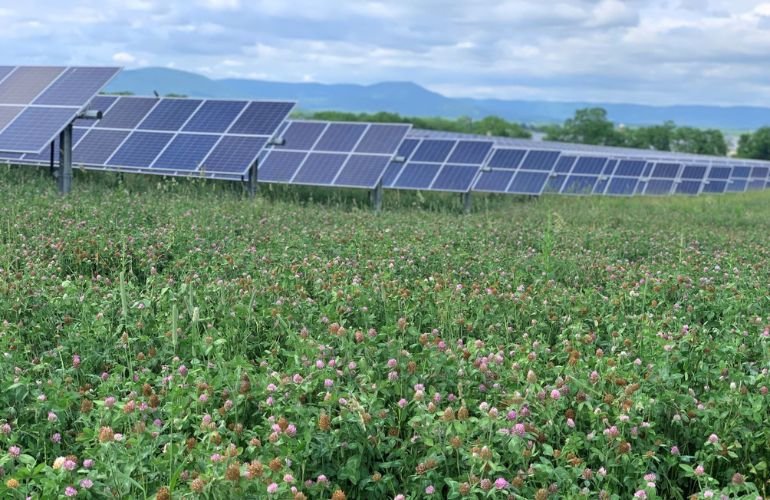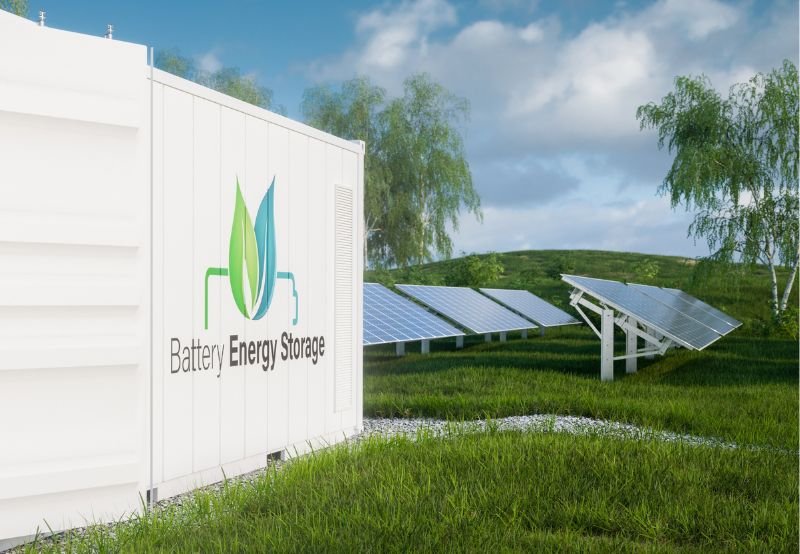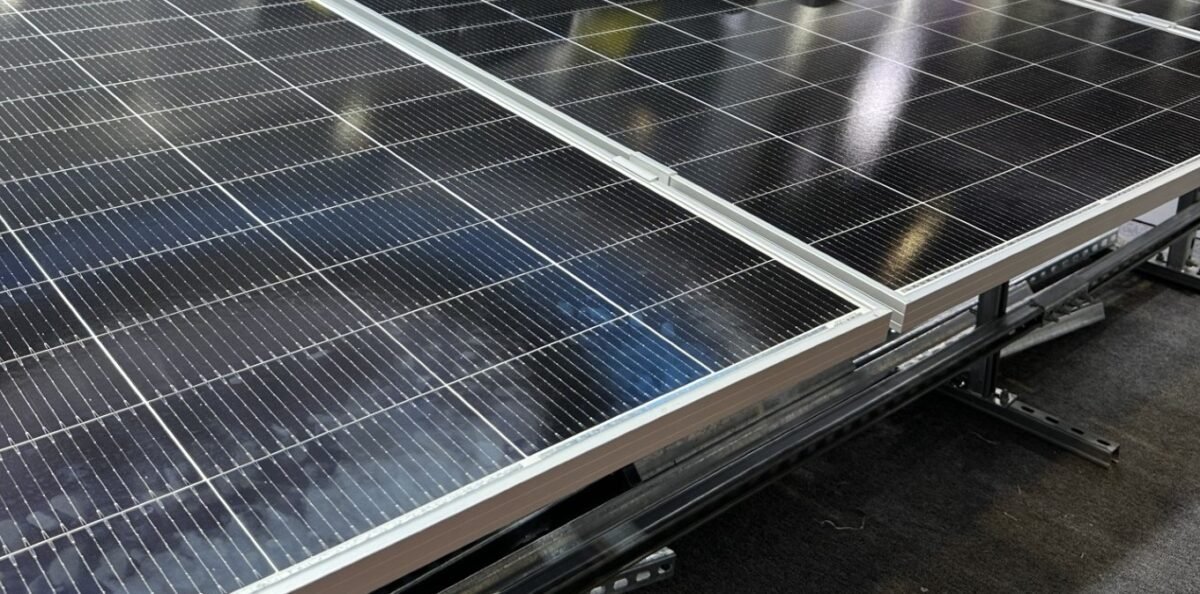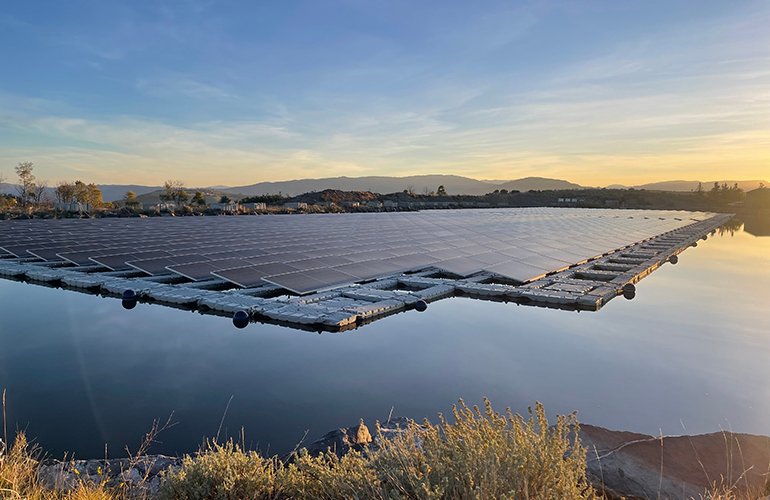Pennsylvania Groups Push for Solar Interconnection Reforms
Over 100 organizations across Pennsylvania have come together to call for urgent reforms to the state’s solar interconnection process. Businesses, environmental advocates, and community leaders argue that the current system is slowing down clean energy adoption while keeping energy costs high. So, what’s the big deal—and why should solar professionals care?
Why Interconnection Is a Bottleneck for Solar Growth
Interconnection—the process of hooking up solar installations to the grid—sounds simple, but in Pennsylvania, it’s anything but. Delays can stretch for months, with utilities often demanding costly upgrades before giving the green light. For many solar developers, it’s like showing up to a potluck only to find the table’s already full.
The High Cost of Waiting
Pennsylvania’s outdated rules mean solar projects face unpredictable fees and paperwork. A residential solar array might get approved in weeks, while a community solar farm waits a year. Ever tried explaining that delay to a client? It’s not fun.
But here’s the twist: while upfront costs seem steep, smoother interconnection could slash long-term expenses. Imagine cutting red tape so utilities like PECO or Duquesne Light can integrate solar faster—without jacking up fees.
Who’s Behind the Push for Change?
The coalition includes heavy hitters like the Solar United Neighbors and local chambers of commerce. Even unlikely allies, from farm bureaus to faith groups, are on board. Why? Because high energy bills and unreliable grids don’t discriminate.
Case Study: How Tesla Powerwall Fits In
Battery storage could ease grid strain, but Pennsylvania’s rules treat it like an afterthought. Tesla Powerwall users often face extra hurdles to connect, despite reducing peak demand. It’s like banning umbrellas in a rainstorm.
What’s Next for Pennsylvania?
The Public Utility Commission has the ball now. If reforms pass, expect faster approvals and clearer cost structures. Skeptics say it’ll take years—but with federal incentives dangling, Pennsylvania can’t afford to drag its feet.
Bottom line? This isn’t just policy talk. It’s about whether Pennsylvania’s solar industry gets a speeding ticket or a turbo boost.






